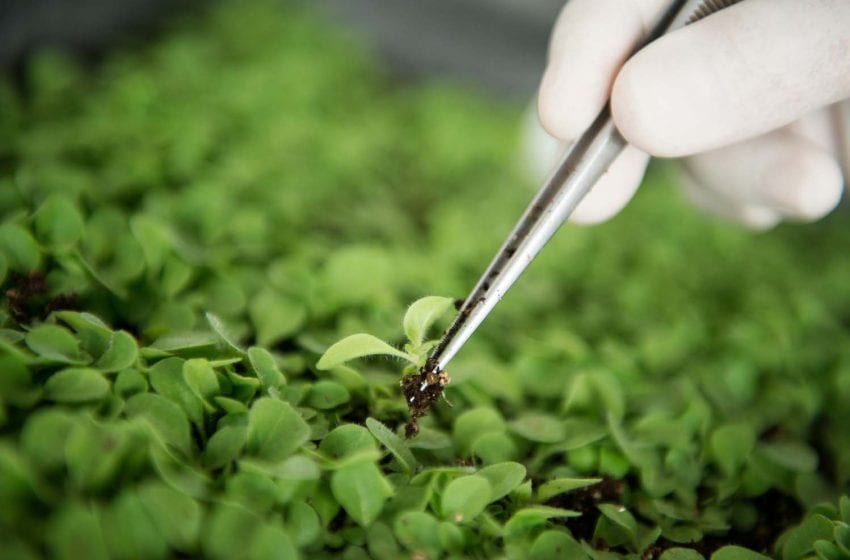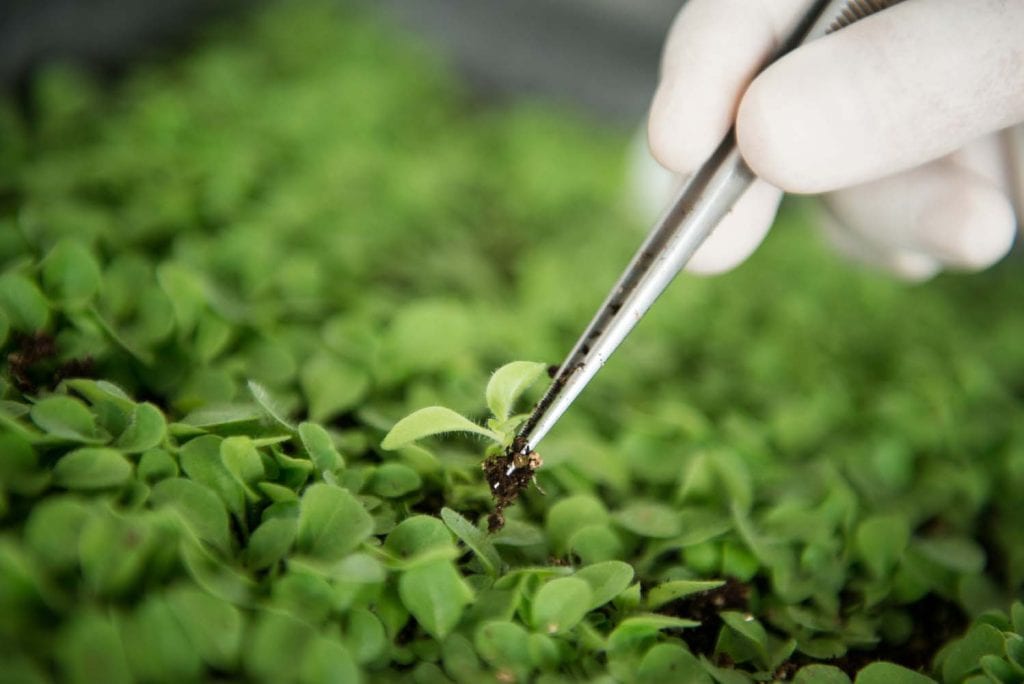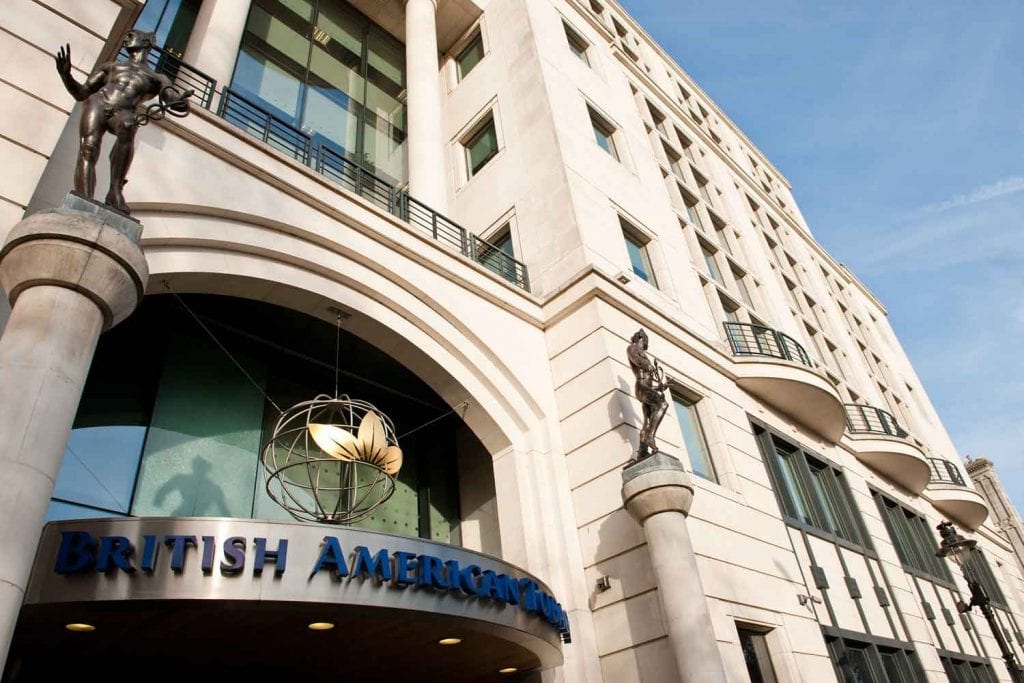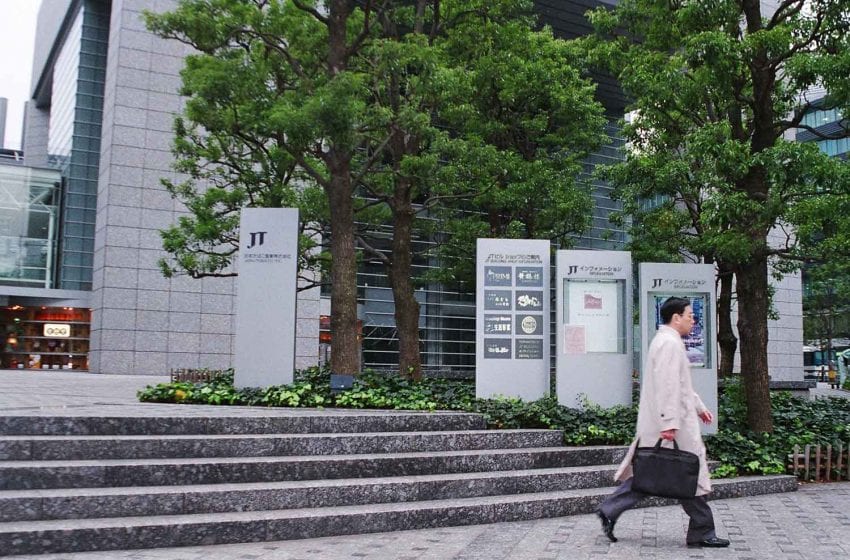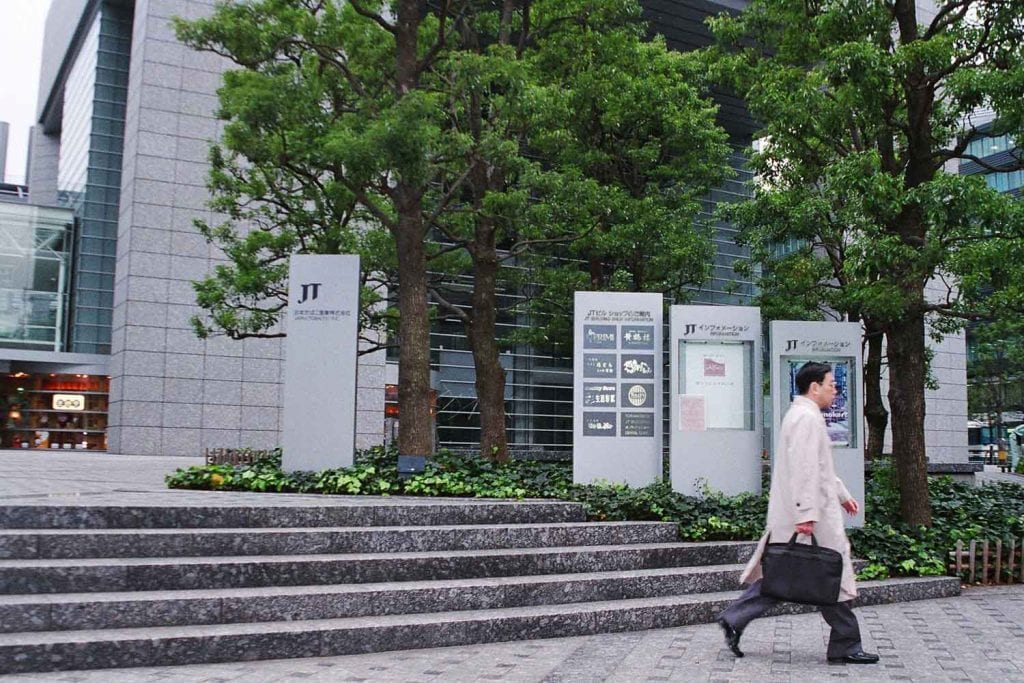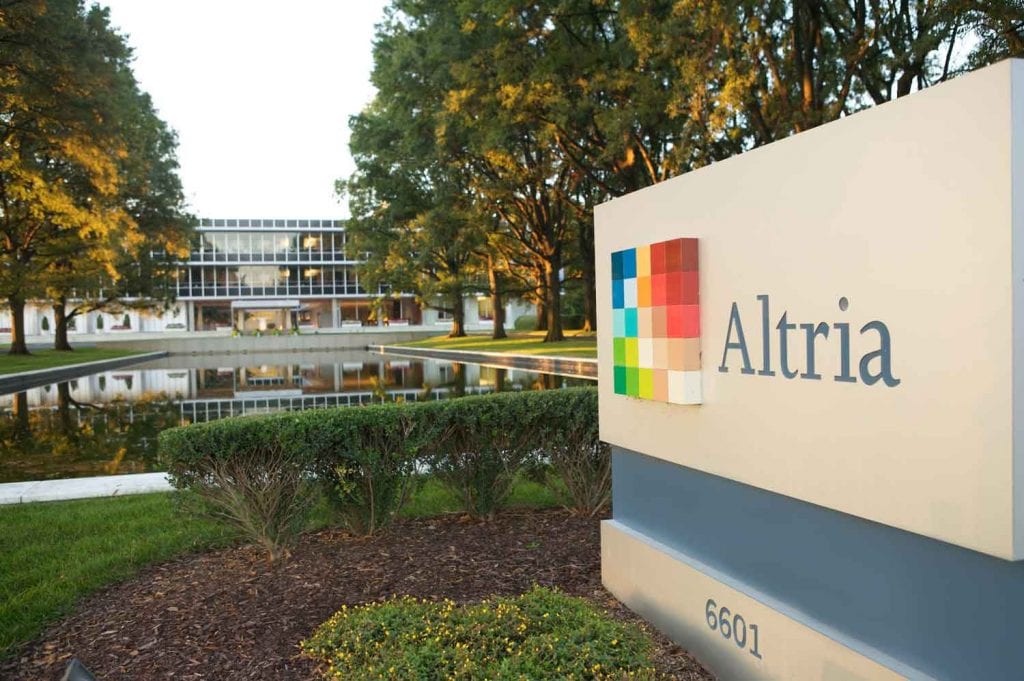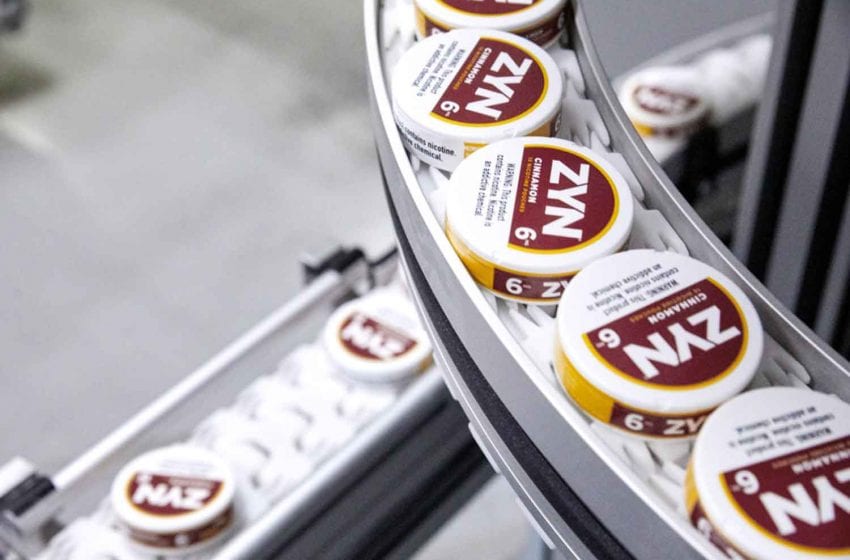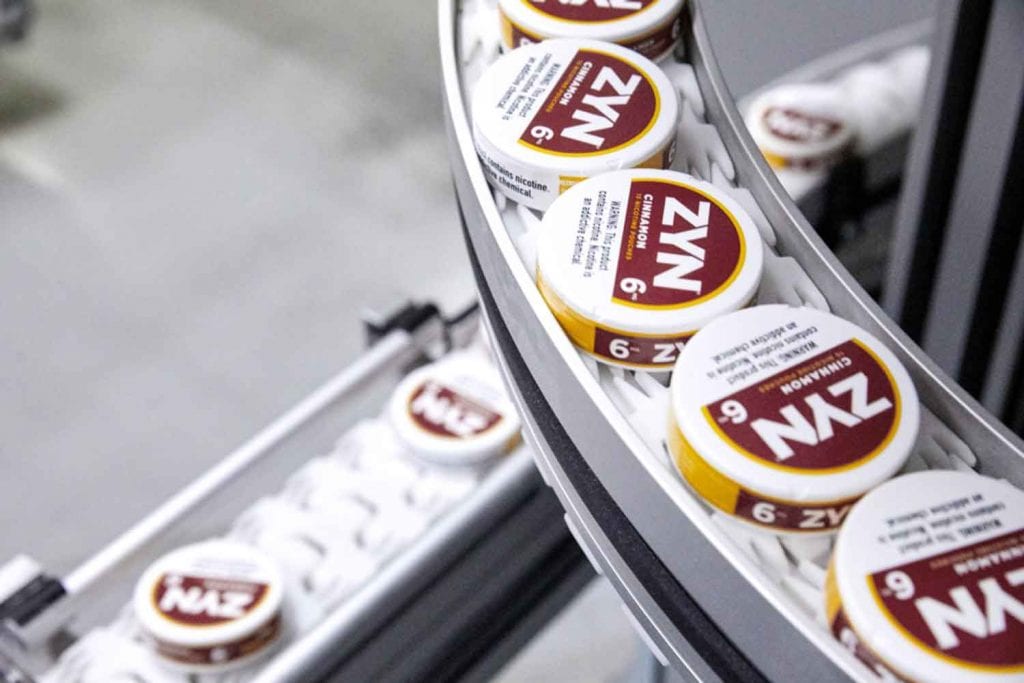
22nd Century Group saw a net sales revenue increase of 12 percent, or $0.8 million, in the first quarter of 2020 over last year.
The company suffered an operating loss of $4.1 million compared to $5.4 million in 2019.
“We are very pleased with the solid start to 2020, with revenue increasing 12 percent over last year,” said Mike Zercher, president and chief operating officer of 22nd Century. “We believe the company is well positioned to execute on its strategies despite a challenging backdrop due to Covid-19. Our manufacturing facility has remained open and has been able to fulfill orders without any backlog. The improvements we made to our cost structure in 2019 have started to pay off in the first quarter with a 16 percent reduction in operating expenses compared to the same quarter last year.
“Additionally, the U.S. Food and Drug Administration (FDA) recently announced a deadline for public comments on the company’s modified-risk tobacco product (MRTP) application. This moves our MRTP application one step closer to an FDA authorization decision for the company’s proprietary reduced nicotine content tobacco cigarettes. Bringing these products to market is an important and exciting prospect for the company and public health,” Zercher added.


